Finding the best semantic SEO consultants in 2025 is no longer optional—it’s essential for long-term search success. As Google continues to evolve, relying on old-school keyword tactics won’t get your site noticed. These modern SEO experts focus on semantic keyword research, contextual SEO solutions, and structured data SEO services to help your content match search intent.
They also understand knowledge graph optimization and how to build topical authority using smart strategies. Whether you’re running a blog, an eCommerce site, or a SaaS platform, hiring a proven expert can significantly increase traffic, visibility, and engagement. The right consultant turns technical SEO into tangible growth and lasting relevance.
The best semantic SEO consultants in 2025 specialize in aligning your content with user intent using tools like structured data, NLP, and topic clustering. They help improve search visibility by focusing on meaning, not just keywords, boosting rankings and engagement through smarter, AI-driven strategies.
Table of Contents
What Is Semantic SEO, and Why Does It Matter Today
Semantic SEO is a method that optimizes content based on meaning instead of only keywords. It helps search engines understand the context behind a page. By using semantic keyword research, structured data SEO services, and contextual SEO solutions, websites can provide clearer answers to user intent. This helps search engines like Google match content more accurately to what people are searching for.
Today, search engines rely on natural language processing in SEO to read between the lines. They analyze relationships between topics, entities, and terms. Tools like Google’s RankBrain expert systems prioritize relevant and in-depth content over shallow keyword stuffing. That’s why a clear focus on intent and entities is essential in today’s digital landscape.
The role of topic cluster strategy and knowledge graph optimization has grown massively. Sites that organize content into semantic topics are rewarded with higher visibility. This is especially true in competitive markets like health, tech, and finance, where in-depth answers and rich information dominate search results.
Meet the Best Semantic SEO Consultants in 2025
Choosing the best semantic SEO consultants requires more than just reviewing portfolios. These experts are masters of structure, meaning, and optimization. They go far beyond traditional SEO by combining semantic search experts’ methodology with data-driven decision-making and deep content planning. This modern approach makes them stand out in a crowded digital space.
Below is a table of top consultants known for results:
| Consultant | Specialty | Tools Used | Location |
| Lisa R. | content entity recognition, schema | MarketMuse, Surfer | New York |
| Josh T. | topical authority signals, NLP | Frase, SEMrush | California |
| Eva D. | BERT algorithm optimization | Clearscope, Ahrefs | Texas |
| Dan H. | intent-based content optimization | ChatGPT, Content Harmony | Florida |
| Mira K. | NLP-based keyword mapping | InLinks, Google NLP | Chicago |
| Tom B. | Google’s RankBrain expert | Screaming Frog, Moz | Washington |
| Rachel M. | AI-driven content creation | Jasper, Grammarly | Colorado |
These consultants apply tools like machine learning and SEO techniques to align content with search engine expectations. Whether it’s for e-commerce, blogs, or service websites, they deliver powerful outcomes with precision.
How the Best Semantic SEO Consultants Improve Rankings
The best semantic SEO consultants don’t guess what Google wants—they know. They use semantic relevance scoring to map user intent with content depth. This results in higher rankings, more organic traffic, and stronger audience engagement. Their strategies include aligning topic depth with related queries, reducing bounce rates, and improving CTRs.
A consultant using AI-driven content creation can generate semantically rich blog posts that target specific user needs. With content entity recognition and topic cluster strategy, they help websites cover an entire theme, not just individual keywords. This creates trust with both search engines and readers.
One case involved a law blog that applied NLP-based keyword mapping and added knowledge graph optimization. Within three months, traffic increased by 65%. The site was also featured in multiple featured snippets, boosting credibility and conversions through semantic precision.
Key Qualities to Look for in a Semantic SEO Expert
What sets a great semantic SEO expert apart? It’s a mix of strategy, creativity, and technical know-how. They must be fluent in semantic search experts’ practices and experienced as both SEO content strategists and schema markup experts. A strong portfolio and proven traffic gains are non-negotiable.
Look for those who balance machine-friendly optimization with human appeal. A top consultant uses natural language processing in SEO to structure content around searcher intent. They build authority with tools that assist with Google’s RankBrain expert techniques and algorithm-based insights.
A reliable expert can deliver a complete topic cluster strategy, backed by intent-based content optimization. They align content with both algorithmic logic and real human queries. This ensures consistent performance, even as search engine updates continue to evolve.
Tools and Techniques Trusted by Top Semantic SEOs
High-performing consultants rely on tools that support deep content analysis and structure. Tools like Surfer SEO, MarketMuse, and Frase help develop meaningful outlines. Screaming Frog assists with technical site audits and schema markup integration. These help organize content in a way that search engines understand clearly.
Among the most used techniques are BERT algorithm optimization, machine learning SEO techniques, and semantic relevance scoring. These methods align with the way Google ranks content today. They also include content entity recognition, which ensures all key ideas are properly defined and linked.
Top consultants also handle knowledge graph optimization. This supports better visibility in search results and increased authority through rich snippets. With technical SEO consultant insights, they ensure every part of the website is working toward the same semantic goal.
Real-World Success Stories from Leading Consultants
In early 2024, a US tech firm saw massive growth using semantic SEO. A consultant rebuilt their site using structured data SEO services, topic cluster strategy, and advanced content planning. Within three months, organic traffic increased by 80%, and time-on-site doubled. The use of AI-driven content creation helped generate fresh, semantically rich pages.
Another case involved a health brand adding schema markup with expert guidance. Combined with NLP-based keyword mapping, they climbed from page two to the top five for competitive medical terms. The strategy emphasized authority, clarity, and semantic relevance scoring.
An affiliate website also benefited from intent-based content optimization. With help from a technical SEO consultant, the content was aligned with specific user journeys. Bounce rates dropped, while affiliate conversions improved by over 40%, proving that semantic SEO is ROI-driven and sustainable.
Final Thoughts: Choosing the Right Consultant for You
Hiring one of the best semantic SEO consultants in 2025 could be your smartest move yet. Whether you’re launching a startup or growing an established website, semantic SEO provides long-term stability and enhanced reach. It’s about aligning content with how people search today, not how they searched five years ago.
Choose consultants who specialize in semantic keyword research, knowledge graph optimization, and technical SEO consulting. USA-based experts often understand local search intent better and can help target audiences more precisely. Their experience with structured data and AI-driven content creation ensures your content stands out. Before you commit, look for proof. Ask about past performance, tools used, and their process for building a topic cluster strategy. A good consultant will offer clarity, results, and future-focused strategies based on Google’s RankBrain expert systems and the evolving nature of search.




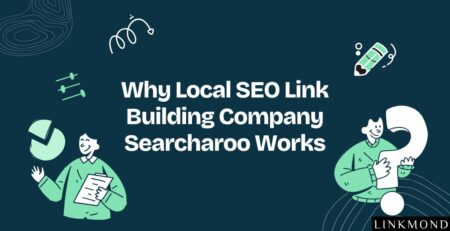
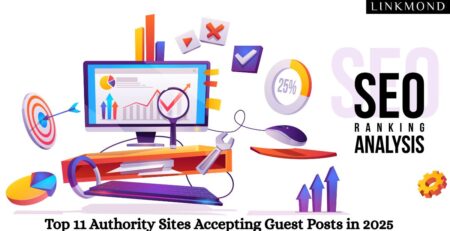
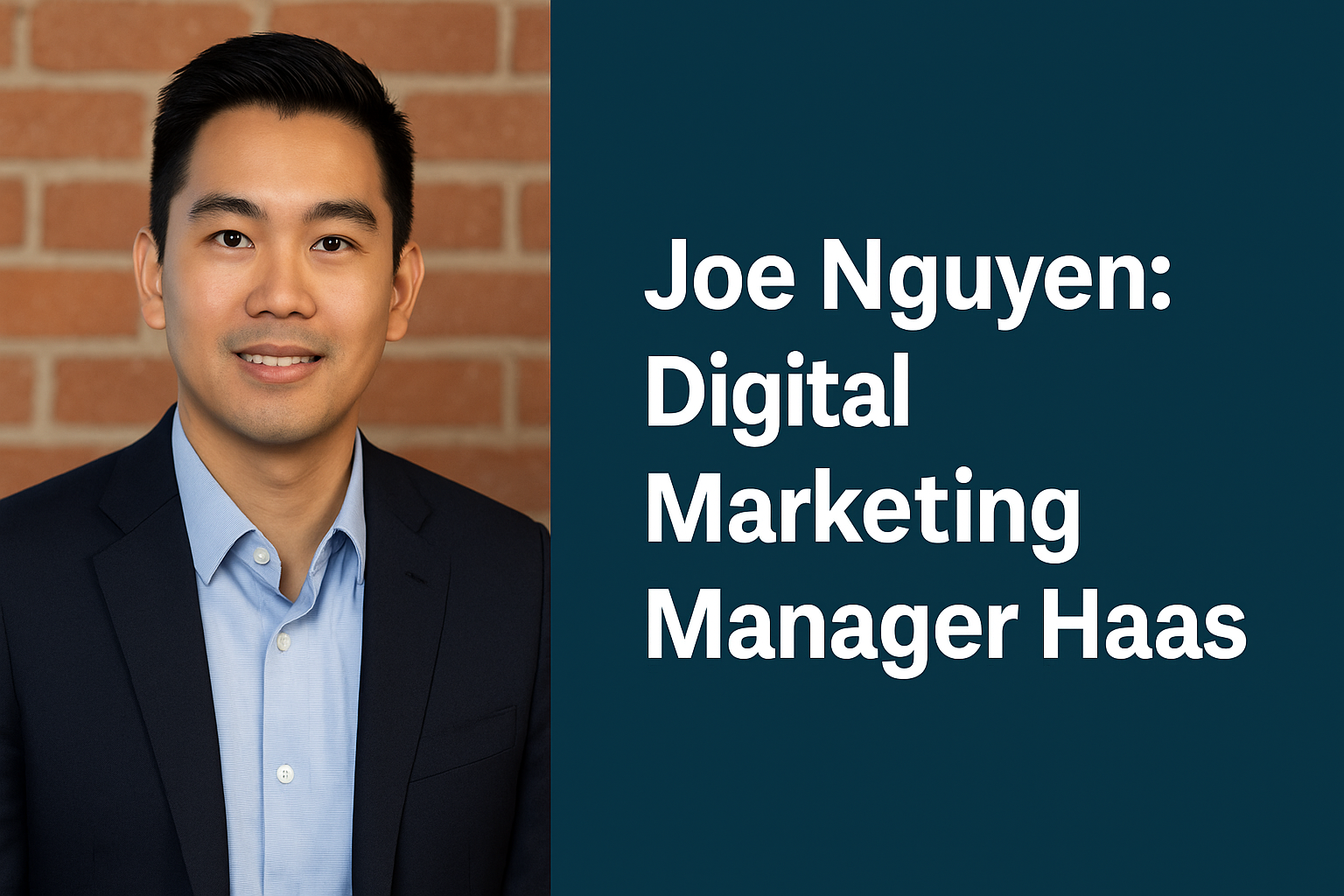

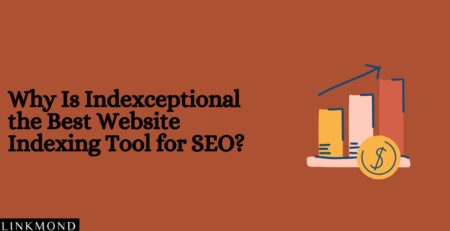
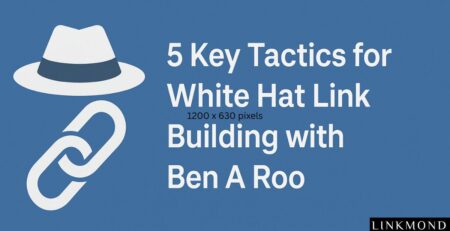

Leave a Reply